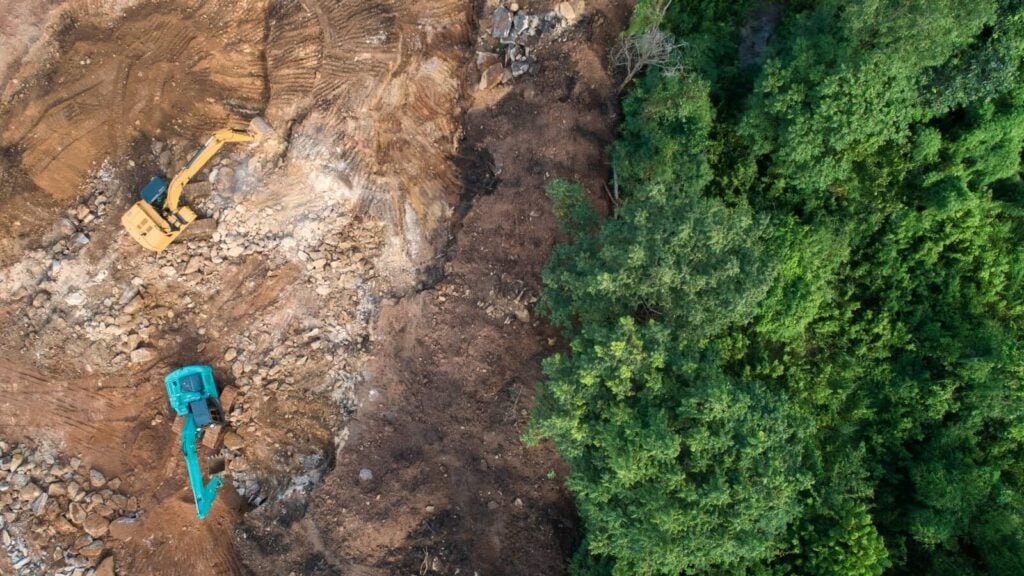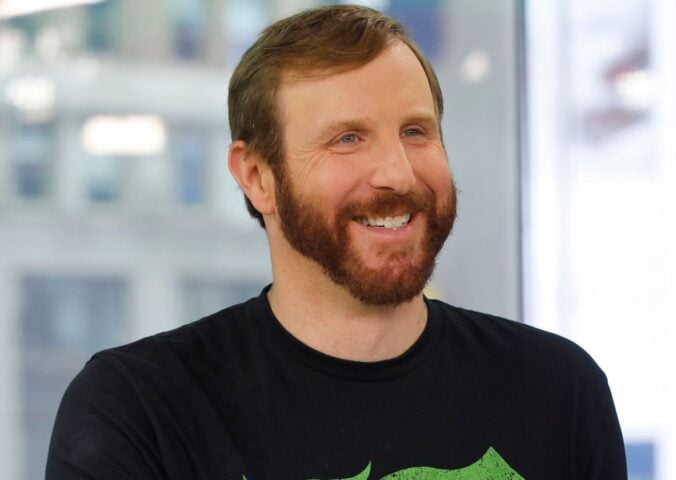Companies supplying meat and dairy to McDonald’s, KFC, Tesco, and Nestlé, among others, are falling short of COP26 pledges relating to methane and deforestation, a new report found. Analysts concluded that the animal farming sector is “outdated and unattractive.”
The information was presented in the fourth edition of the Coller FAIRR Protein Producer Index, which assesses the environmental and social standing of 60 leading meat, dairy, and aquaculture companies.
These companies – including JBS, Tyson, and Hormel – have a combined market capitalization of $363 billion.
The report zeroes in on 10 risk and opportunity factors: greenhouse gas emissions, deforestation and biodiversity, water use and scarcity, waste and water pollution, antibiotics, working conditions, animal welfare, food safety, governance, and sustainable proteins.
Findings
The index report concluded that protein producers lack transparency around emissions, which could interfere with sustainability goals. For instance, only 18 percent of meat and dairy producers disclose even some of their methane emissions.
This is despite the fact that the sector is to blame for 44 percent of global anthropogenic (human-caused) methane emissions. It would take a forest three quarters of the size of South America to sequester them.
Researchers also discovered that major companies with zero-deforestation pledges, including JBS and Marfrig, which supply McDonald’s, do not monitor third party suppliers.
This is significant, given that these suppliers are responsible for up to 90 percent of deforestation from sourcing cattle. Further, titan companies like Marfrig source more than half (53 percent) of Amazon cattle from indirect suppliers.
‘Cows are the new coal’
Jeremy Coller is chair of the FAIRR investor network, made up of members with $40 trillion in assets.
In a statement, he said: “The post-COP26 era leaves large parts of the meat and dairy supply chain looking outdated and unattractive. Failures from methane to manure management underline the growing sense in the market that cows are the new coal.
“As the largest driver of both methane from human activity and deforestation, the ambitions set at COP26 handed a big slice of responsibility to the food and agriculture sector. We cannot deliver the COP26 commitments without addressing the protein supply chain.”
The fact that just one in five meat and dairy giants measure even part of their methane emissions is a “red flag to markets,” he added, since COP26 pledged to cut methane by 30 percent within the decade.
Eugenie Mathieu, Senior Analyst at Aviva Investors, echoed these sentiments. “The science is clear that to avoid runaway climate change, high-emitting sectors such as agriculture must transform themselves in the next decade,” Mathieu said. “Yet FAIRR’s latest research shows how far the food sector has to go.”
He added that the meat and dairy industry’s reluctance to set “meaningful” climate goals is “enormously unhelpful given that extreme weather events are increasingly hurting the bottom lines of these companies.”






